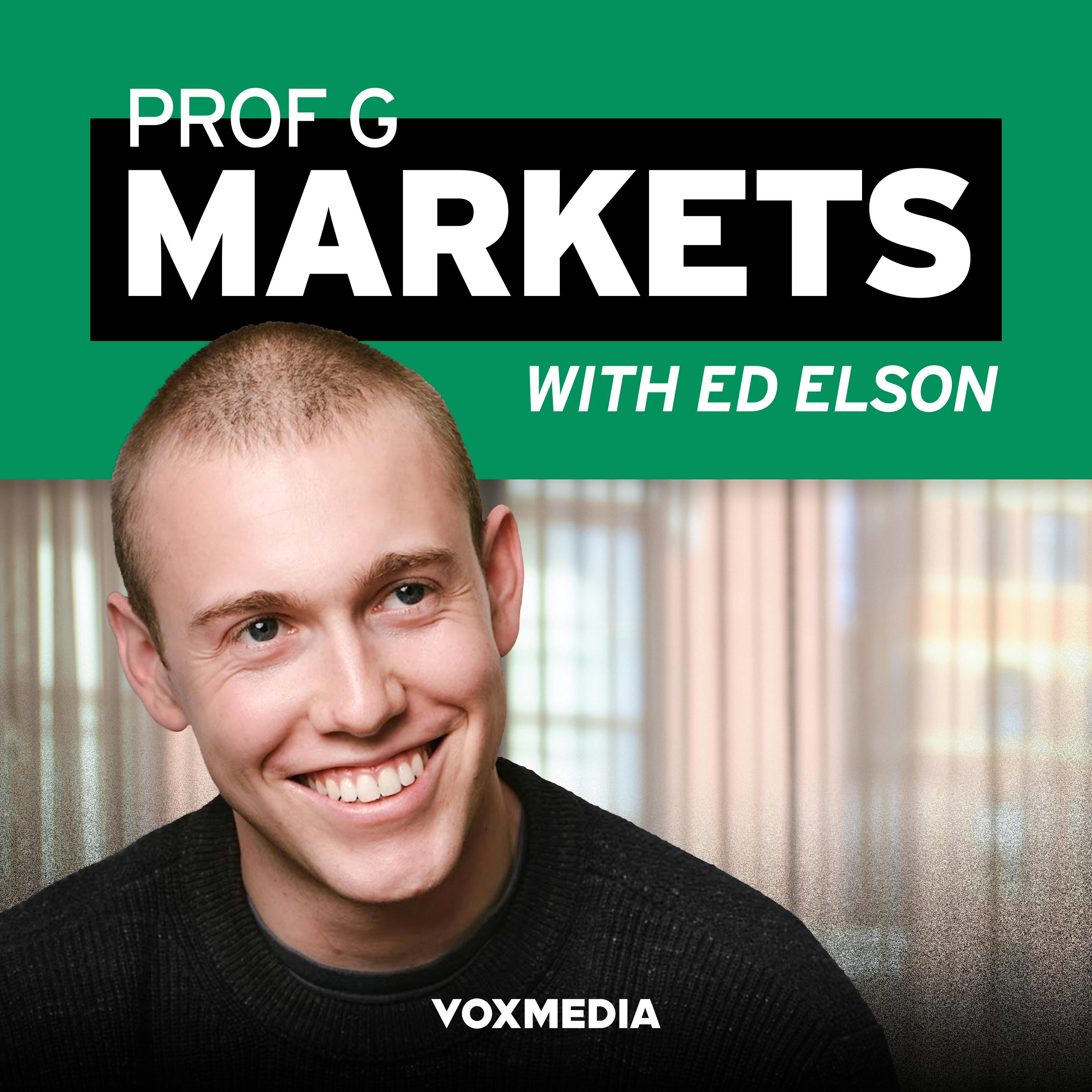Oracle Stock Roars 36%, Apple’s New Product Flop & Judge Blocks Lisa Cook Firing
Ed is joined by Gil Luria, Head of Technology Research at D.A. Davidson, to break down Oracle’s earnings and the market’s tremendous reaction. Then, Ed and Scott explore why Wall Street was not impressed with Apple’s latest product lineup. Finally, Ed takes a look at the decision from a Federal judge that President Trump cannot fire Lisa Cook for now.
Check out our latest Prof G Markets newsletter
Order "The Algebra of Wealth" out now
Subscribe to No Mercy / No Malice
Follow Prof G Markets on Instagram
Follow Ed on Instagram and X
Follow Scott on Instagram
Learn more about your ad choices. Visit podcastchoices.com/adchoices
Check out our latest Prof G Markets newsletter
Order "The Algebra of Wealth" out now
Subscribe to No Mercy / No Malice
Follow Prof G Markets on Instagram
Follow Ed on Instagram and X
Follow Scott on Instagram
Learn more about your ad choices. Visit podcastchoices.com/adchoices
Press play and read along
Transcript
Transcript is processing—check back soon.
Prof G Markets — Oracle Stock Roars 36%, Apple’s New Product Flop & Judge Blocks Lisa Cook Firing





